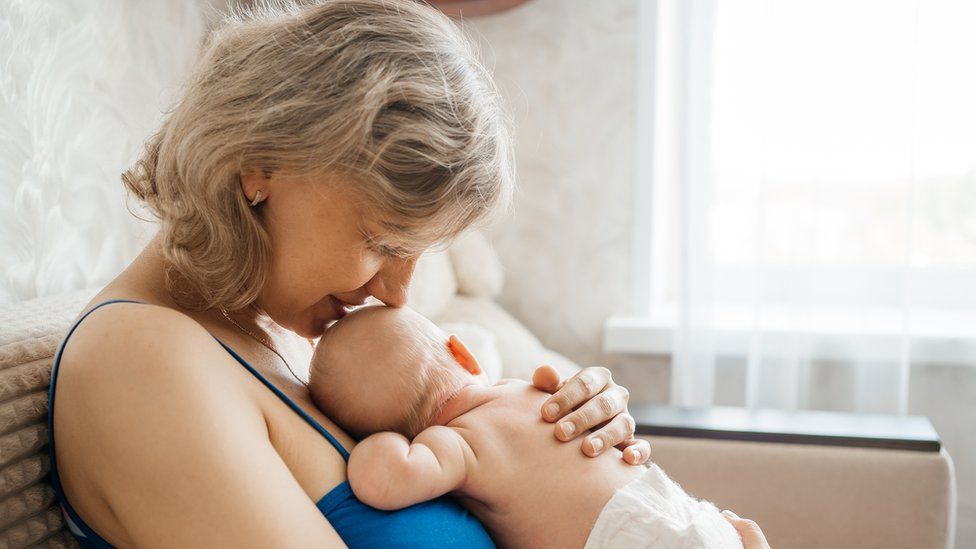ARTICLE AD BOX
 Image source, Getty Images
Image source, Getty Images
The researchers said there should be more awareness of the link, to prevent women suffering
By Aurelia Foster
Health reporter, BBC News
Women who feel severely low and irritable before their period are much more likely to suffer depression during pregnancy or within 12 months of giving birth, a study suggests.
The study was based on the data of more than 900,000 women in Sweden.
Those with severe premenstrual syndrome (PMS) or premenstrual dysphoric disorder (PMDD) were five times more likely to suffer perinatal depression.
Those with perinatal depression were twice as likely to develop PMS or PMDD.
The authors said more research was needed.
Prof Donghao Lu, from the Karolinska Institute, in Stockholm, said: "Previous studies are focused on the association between premenstrual disorders and postnatal depression, because of the symptom appearance in tandem with hormone withdrawal.
"However, we also showed an association between premenstrual disorders and antenatal depression, suggesting that there might be a subgroup of antenatal depression that is related to hormone changes as well.
"At the preconception care, patients with premenstrual disorders should be informed about the risk of perinatal depression and potential prevention strategies."
Using 2001-18 birth records, the study, conducted jointly with the University of Iceland, compared women of similar ages, health and psychiatric history.
Nearly 3% of those with perinatal depression had also had premenstrual disorders before pregnancy, compared with 0.6% of the others.
The conditions can be treated with hormone drugs, anti-depressants or talking therapies.
Liverpool Women's Hospital reproductive-health consultant Dr Paula Briggs, who chairs the charity Women's Health Concern, said they were linked and "we need more acknowledgement of that".
And she hopes the study, in the journal PLOS Medicine, will raise awareness, particularly among midwives and health visitors, so women can be better supported.
"The PMDD some women have has perhaps not been taken as seriously as it should have been," Dr Briggs said.
"There's no licensed treatment - but there are ways of managing these women to reduce the difficulties that the problem presents.
"And I think suicide is a risk."
Related Internet Links
The BBC is not responsible for the content of external sites.

 1 year ago
52
1 year ago
52








 English (US) ·
English (US) ·